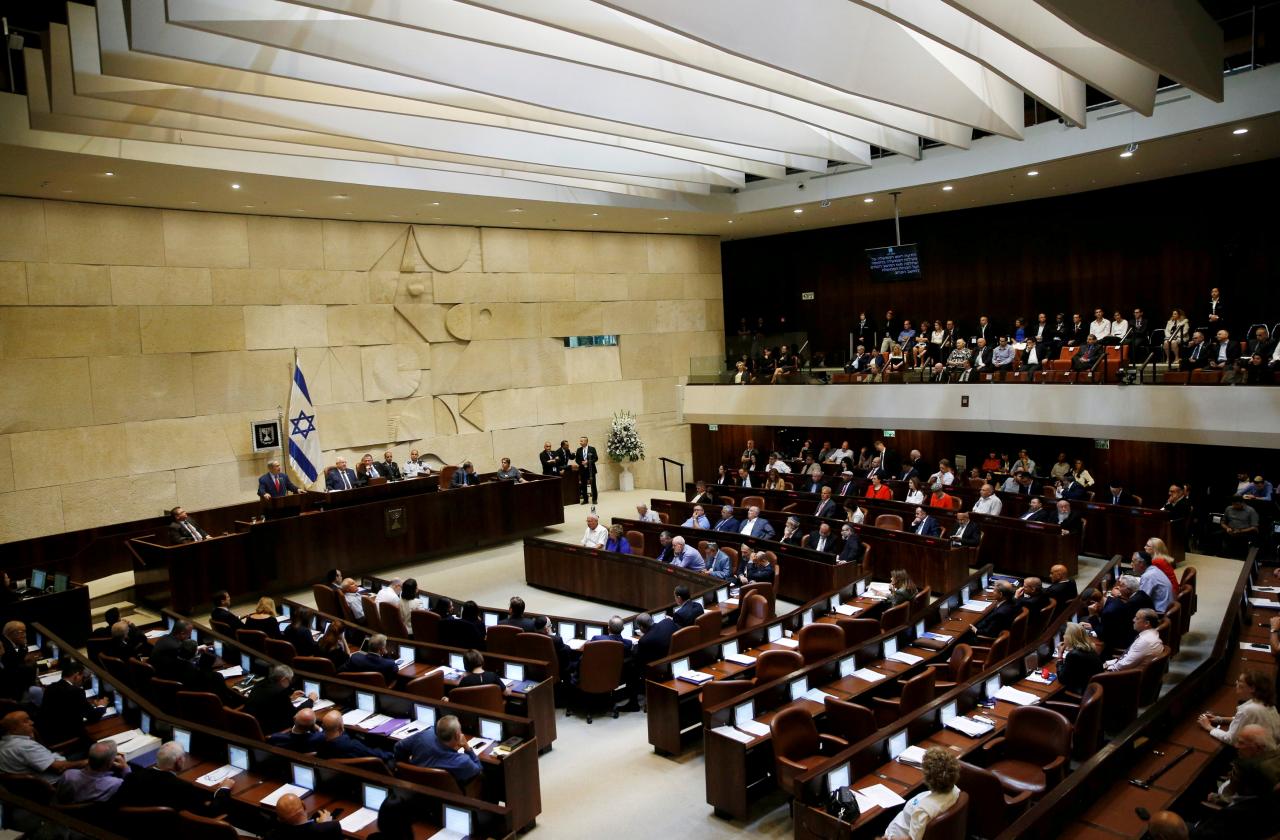
This format of reporting on Israel’s elections will be a usual feature on Rosner’s Domain from now until April 9. We hope to make it short, factual, devoid of election hype, he-said-she-said no news, unimportant inside baseball gossip. Click here for updates.
Bottom Line
It is going to be short and fierce. Three months plus small change. Netanyahu has the edge, but legal troubles can complicate his situation.
News
Election Day is April 9.
Schedule
The votes necessary to call new elections are expected this week.
Four parties must hold primaries within a few weeks: Likud, Labor, Jewish Home, Meretz.
Several candidates who are still sitting of the fence must decide if and how they intend to enter the fray. The most notable of these candidates is former IDF chief of staff, Benni Gantz.
Developments to Watch
Political: The attempts of Israel’s center-left to form a new bloc of parties that can effectively challenge Netanyahu. Without such a bloc, it’s not clear if there’s a viable path for anyone to compete with the Likud Party.
Personal: Where is Gantz is going? He is the wild card for now, according to the polls.
Legal: Attorney General schedule. In short, will he or will he not make a decision to indict Netanyahu as the police and the State Attorney recommend.
Material: The crash of markets. This can lead to economic anxiety, even though Israel’s economy seems to be in a solid position.
What’s the Race About?
For now, one issue: should Netanyahu get a fifth term?
Possible Wild Cards:
A decision by President Trump to put his peace plan on the table.
War.
The Polls and Their Meaning
These are the averages for each party both since January and in the last 3 polls. Expect many changes as new parties form and old parties split or collapse. This will be a rapid process.
(for even newer numbers see our Day After Update)

The Blocs and Their Meaning
We offer two options for potential political blocs. As you can see, in both cases the right-religious bloc does not have more than 60 seats and thus cannot form a coalition by itself. It will have to be joined by at least one of the centrist parties. The center and the left can theoretically form a majority – but only if they can agree to rely on the United Arab Party, an unlikely scenario. If things stay the way they are, the likely coalition will be one similar to the current coalition. The right, plus a party or two from the center – Netanyahu will have room for negotiations.
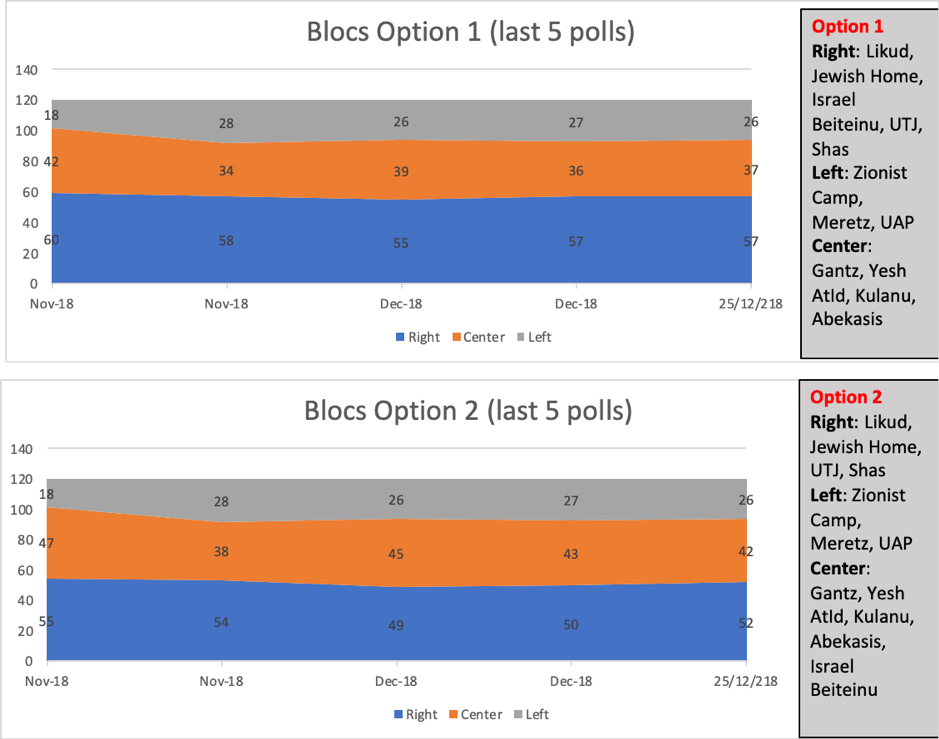
Focus on One Party
This is what the Zionist camp looks like in polls since the beginning of the year. The two orange dots are scenario polls in which Benni Gantz joins the Zionist Camp. Clearly, the party can benefit from a leadership shakeup.
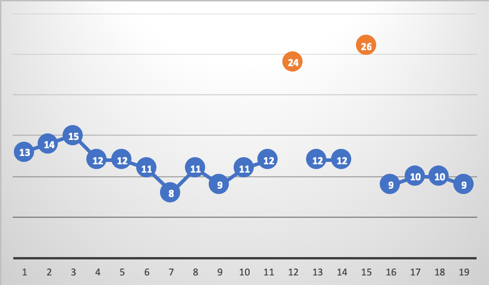



















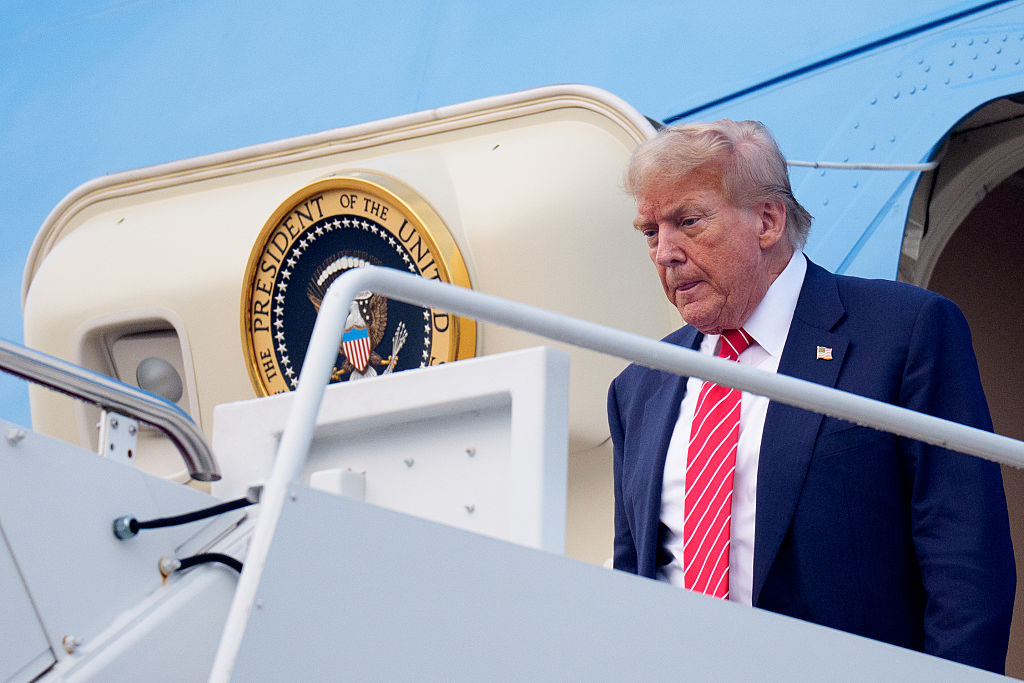

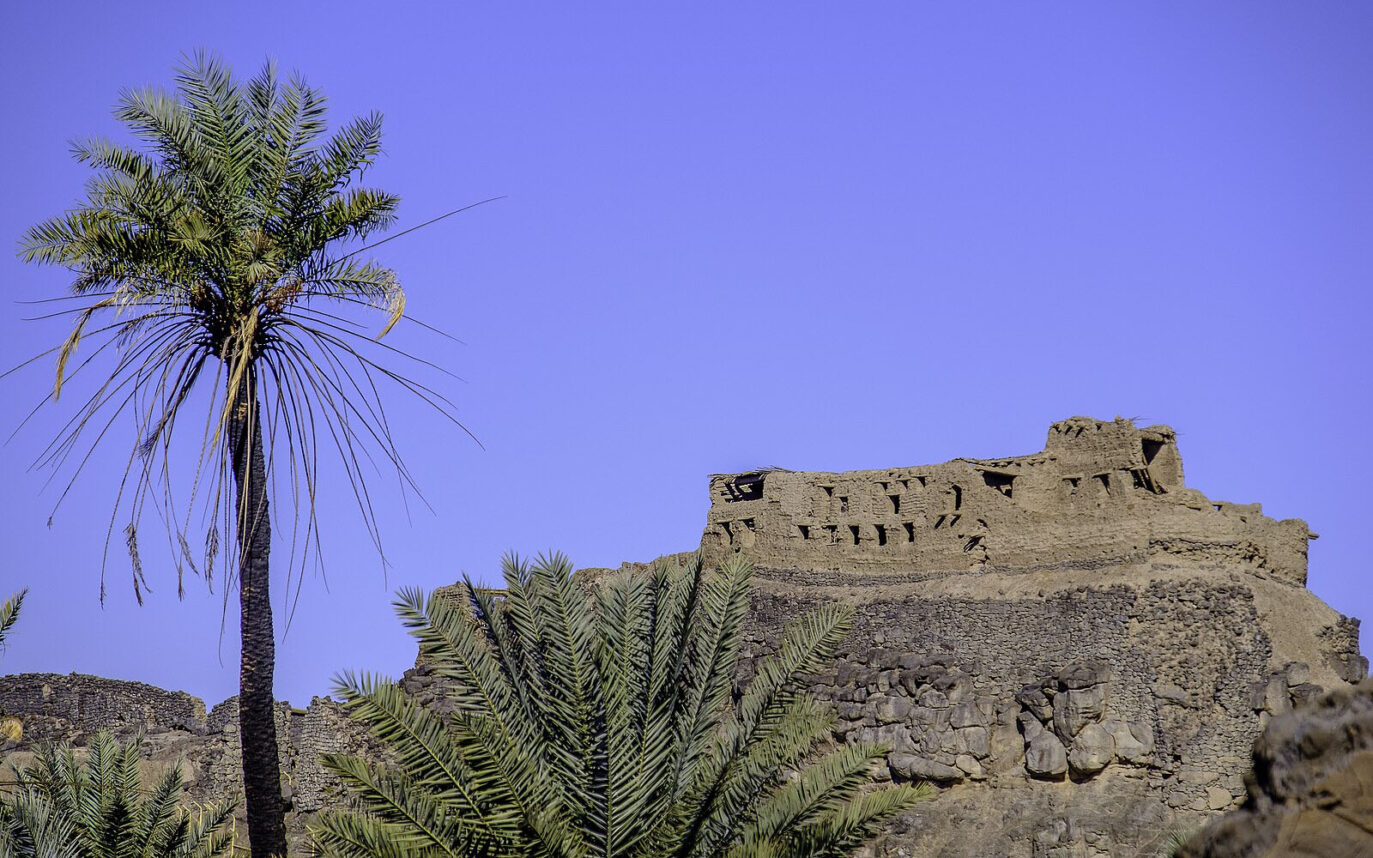
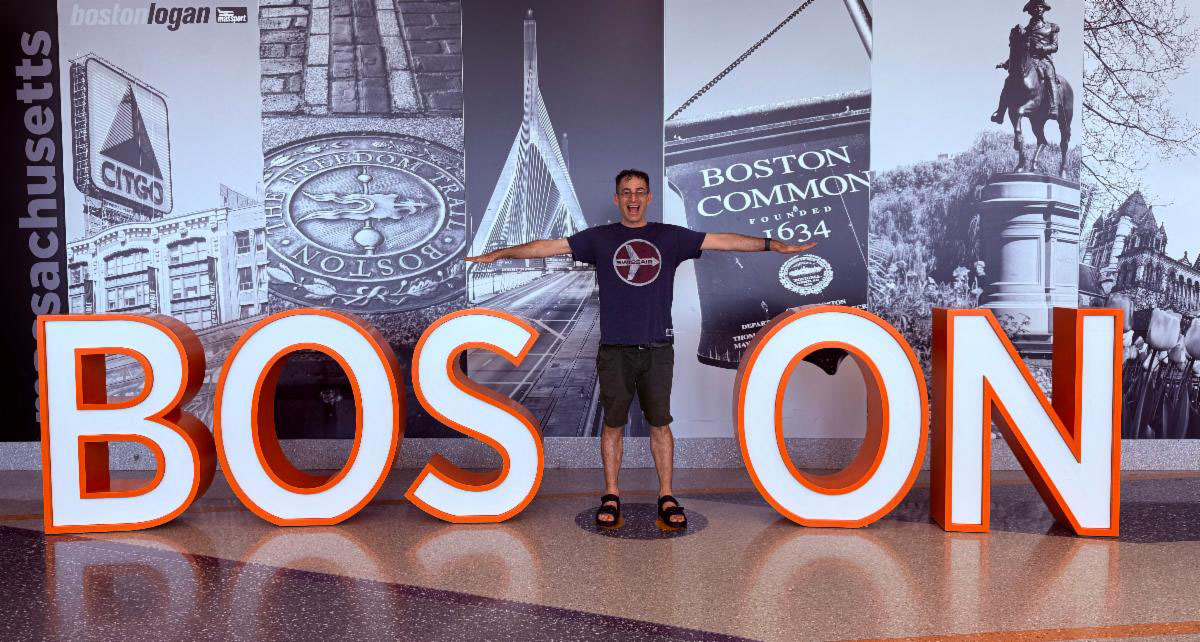
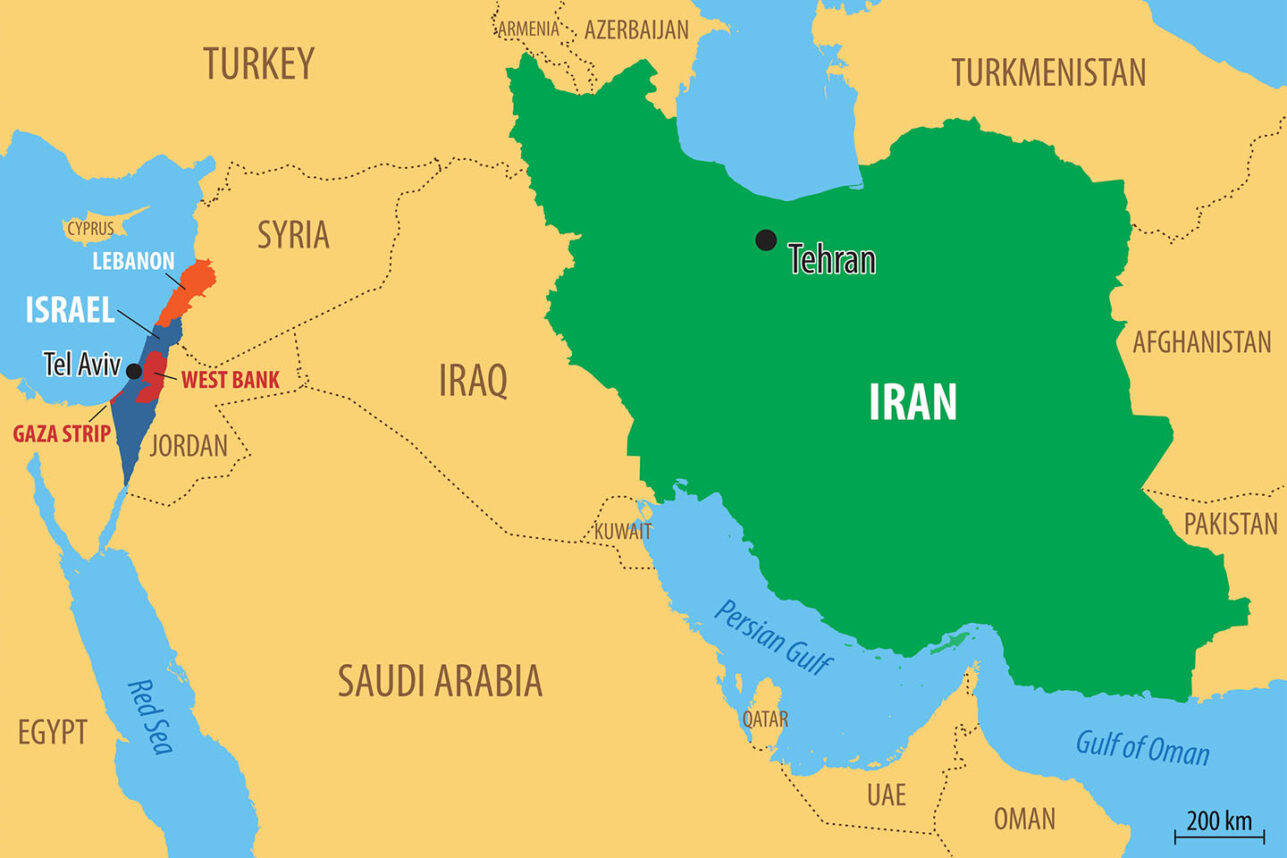
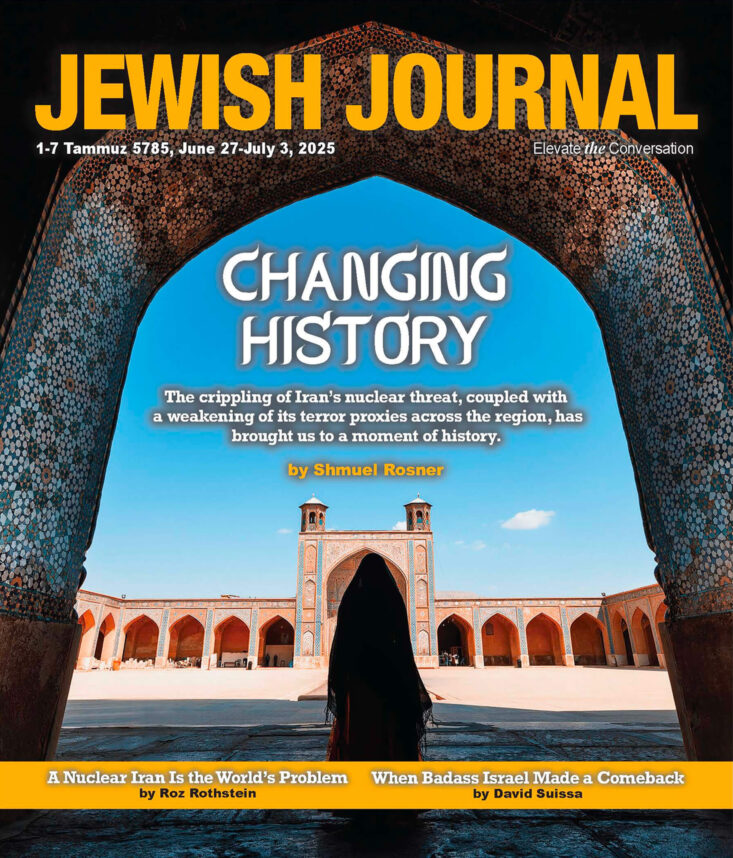
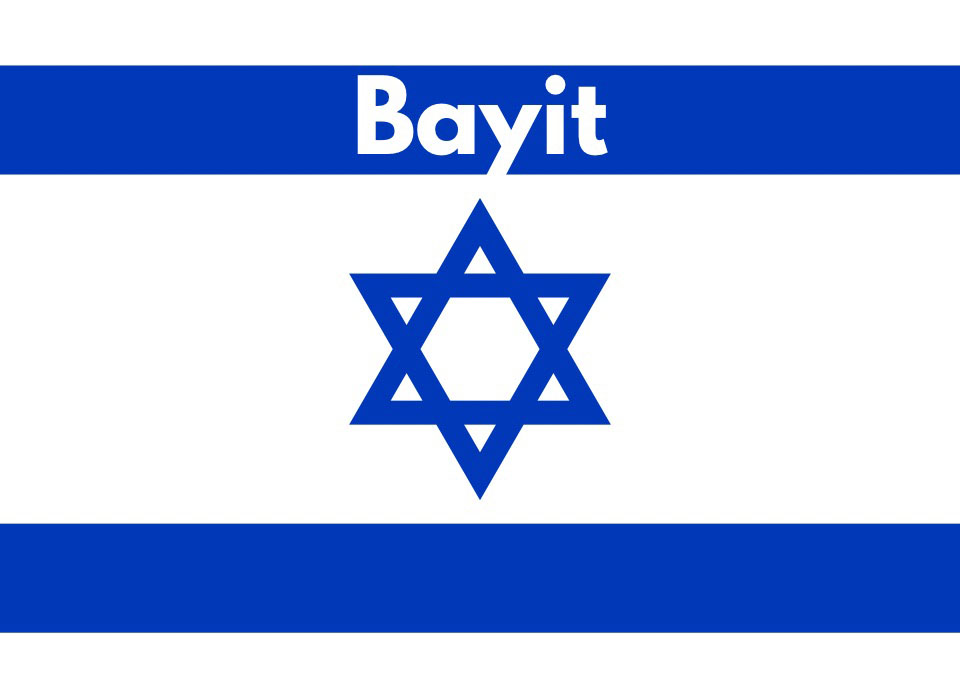


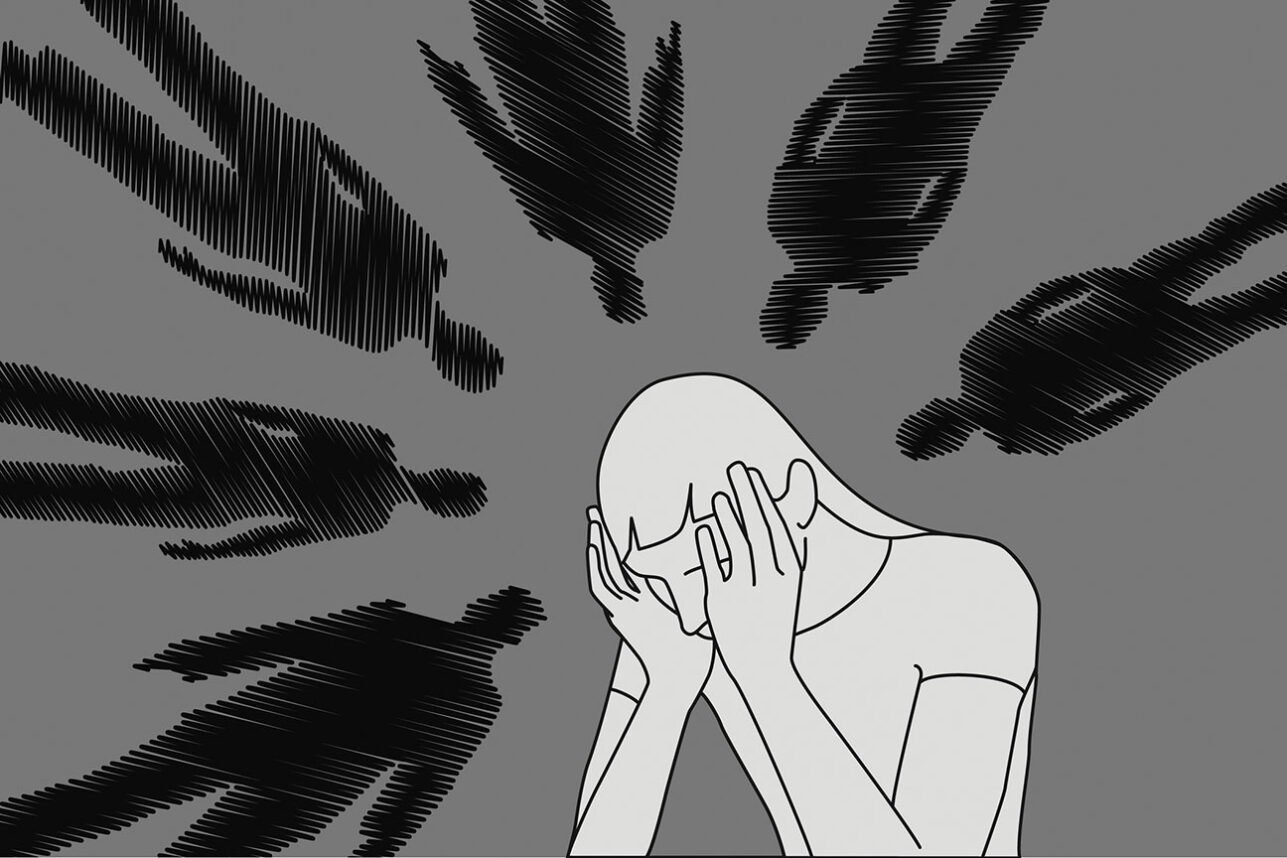
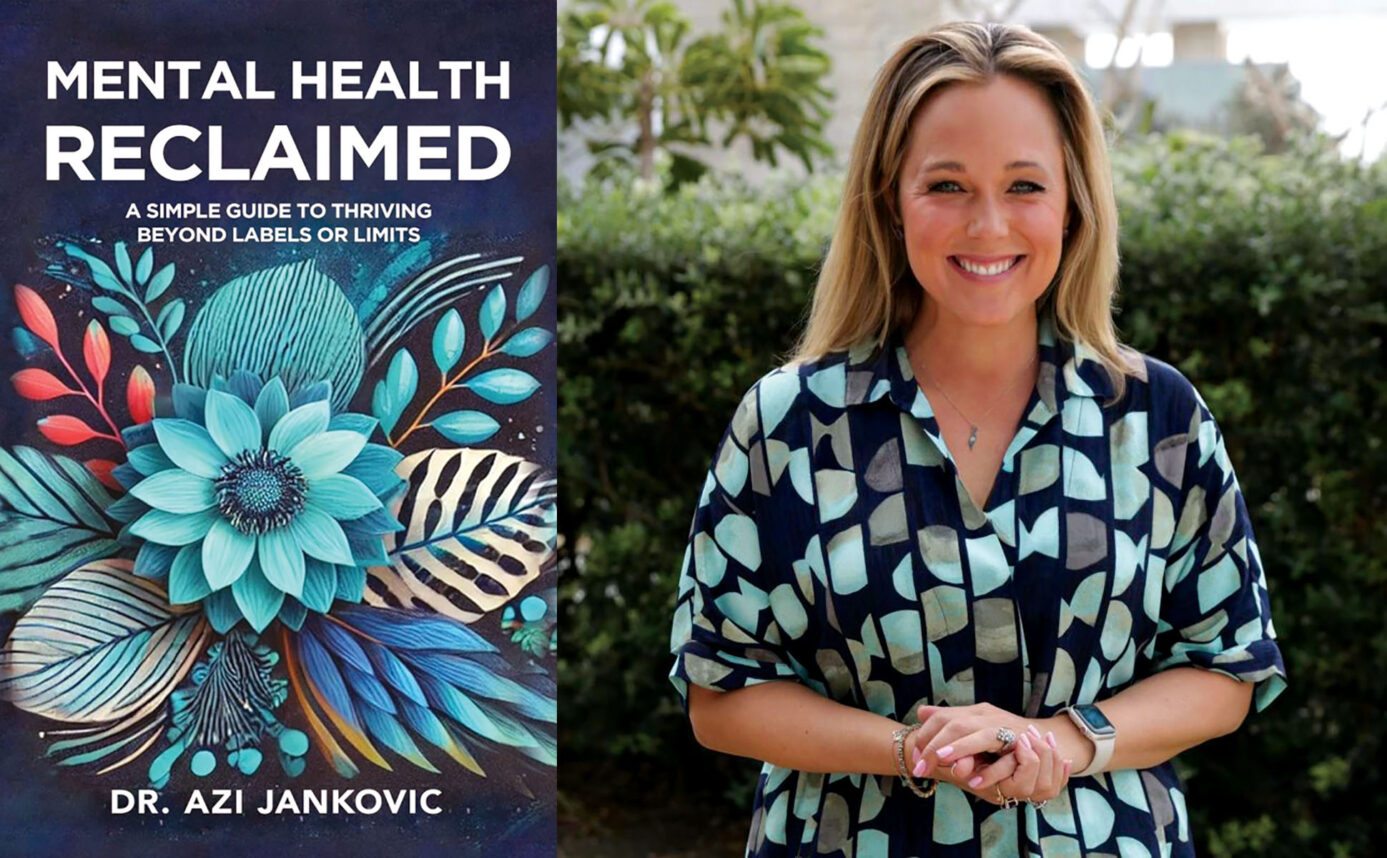
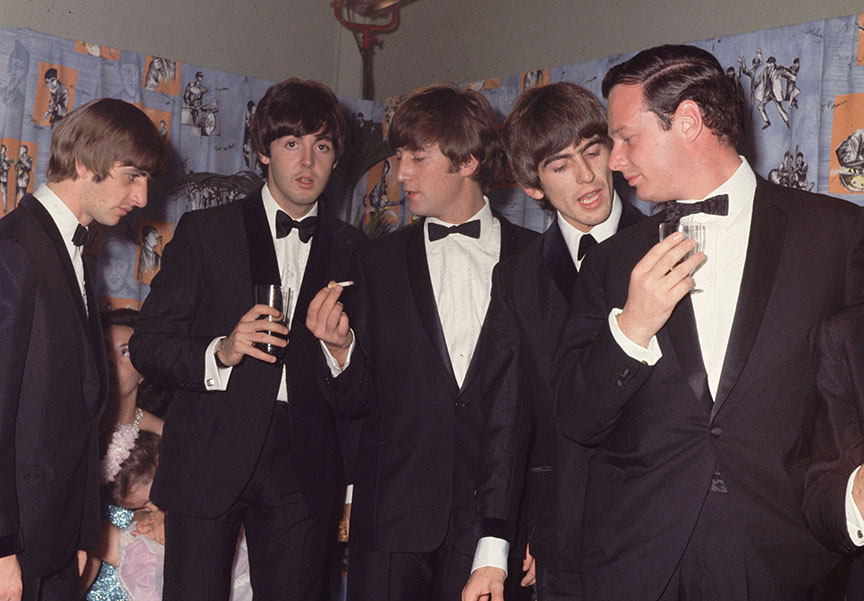
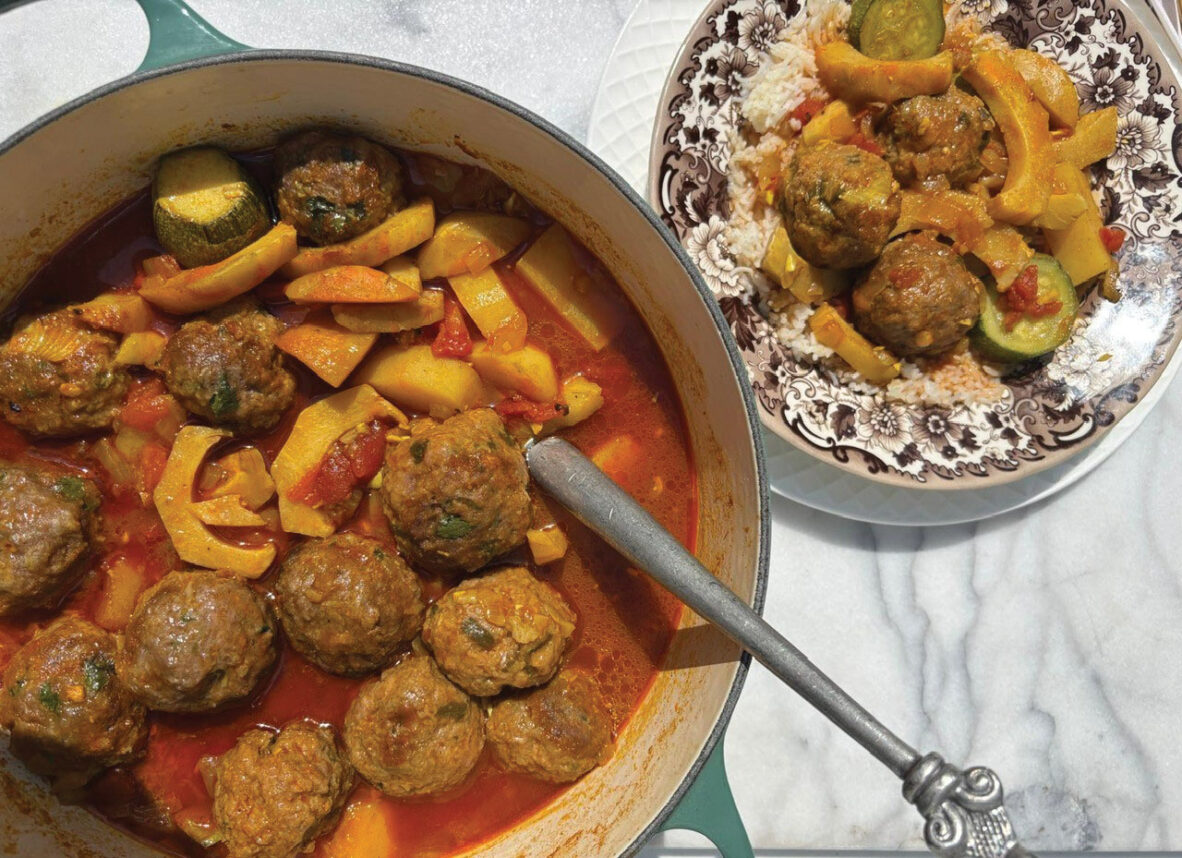
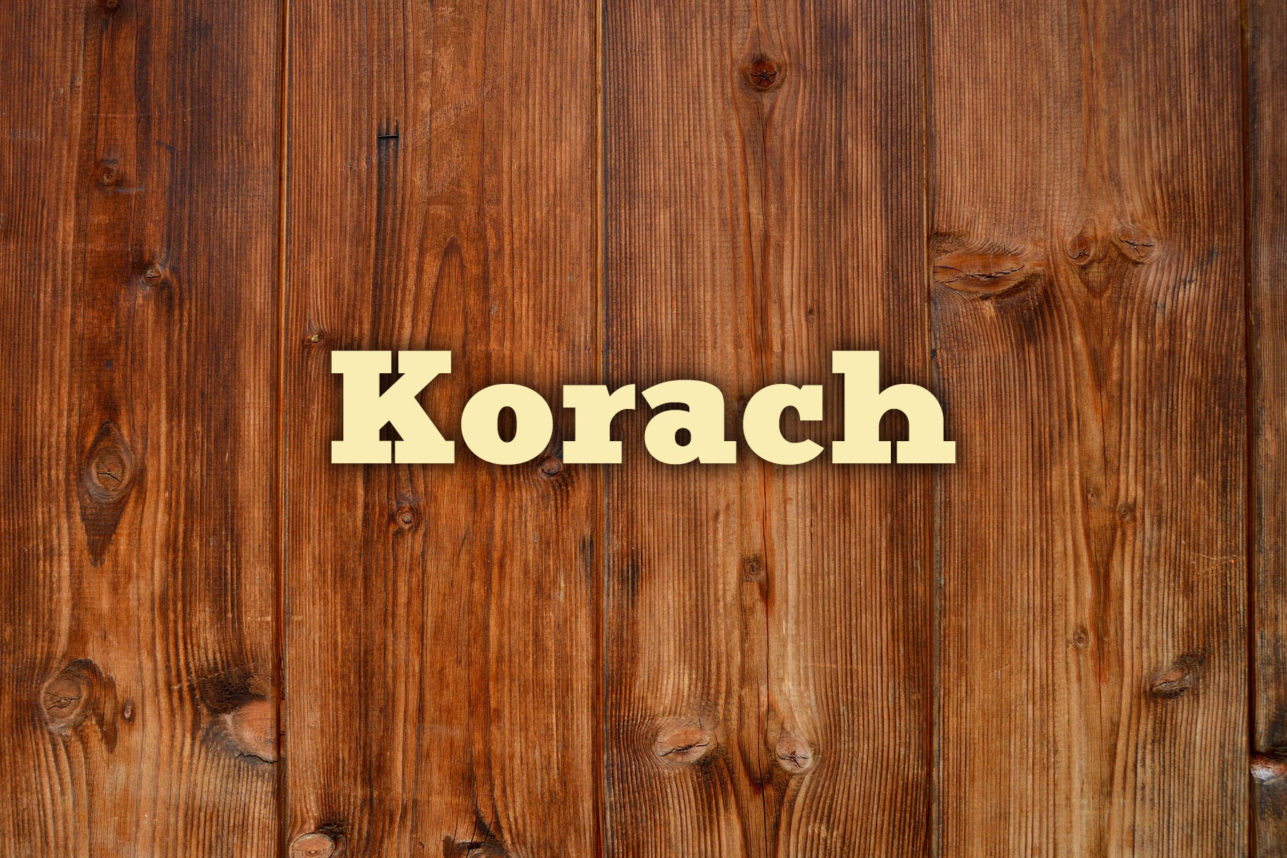

 More news and opinions than at a Shabbat dinner, right in your inbox.
More news and opinions than at a Shabbat dinner, right in your inbox.